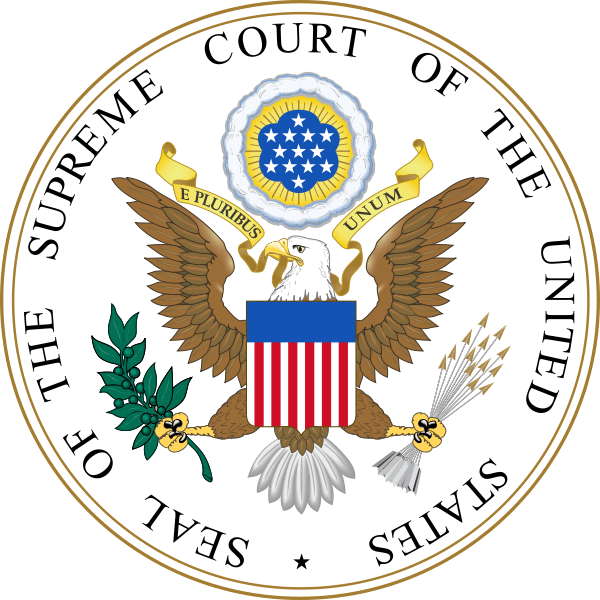According to an article in Forbes , the U.S. Supreme Court will listen to oral arguments for and against the discharge of student loans in bankruptcy. The debate will center around the Chapter 13 bankruptcy case of Francisco Espinosa who was able to obtain a partial discharge of his student loans in bankruptcy. That discharge was later challenged by the student loan lender.
The article said:
“Espinosa was working as a Phoenix, Ariz., airline ramp agent in 1992 and struggling to work off $13,250 in student loans he’d taken out four years earlier. Despite a frugal lifestyle that included a car valued at $1,200, a $370 per month apartment and no wife or children, Espinosa filed for Chapter 13–a form of bankruptcy filing that allows individuals to reorganize their debts. Espinosa listed student lender United Student Aid Funds as his only creditor.”
I think it’s important to note that Espinosa was probably living more of a sparse lifesytle than one that was frugal. Frugality indicates a lifestyle that’s voluntary not mandated by debt that keeps you chained to certain jobs and lifestyles. I can’t assume what Espinosa’s reason was for having “no wife or children” but I can guess that having a “forever” debt like student loans hanging over his head might have been a huge determining factor.
The article continued:
“Espinosa’s plan obligated him to pay $274 a month toward his student loan until the $13,250 principal had been extinguished. It also stated that Espinosa would be discharged, as in relieved of paying, any amount above the principal. His student lender argued that it should be paid an additional $4,500 in interest.”
Eventually, Espinosa’s wages were garnished by the student loan lender and a court battle ensued. The U.S. Supreme Court decision on discharging student loans in bankruptcy could have a huge impact on millions of Americans who are struggling to repay large student loans that can be difficult to pay off. Currently, a debtor can receive a bankruptcy discharge for their student loans if they can prove that paying them creates an “undue hardship.” However, there is no official definition for “undue hardship” which has created a situation where even chronically ill and mentally challenged individuals are unable to receive bankruptcy discharges for their student loans.
